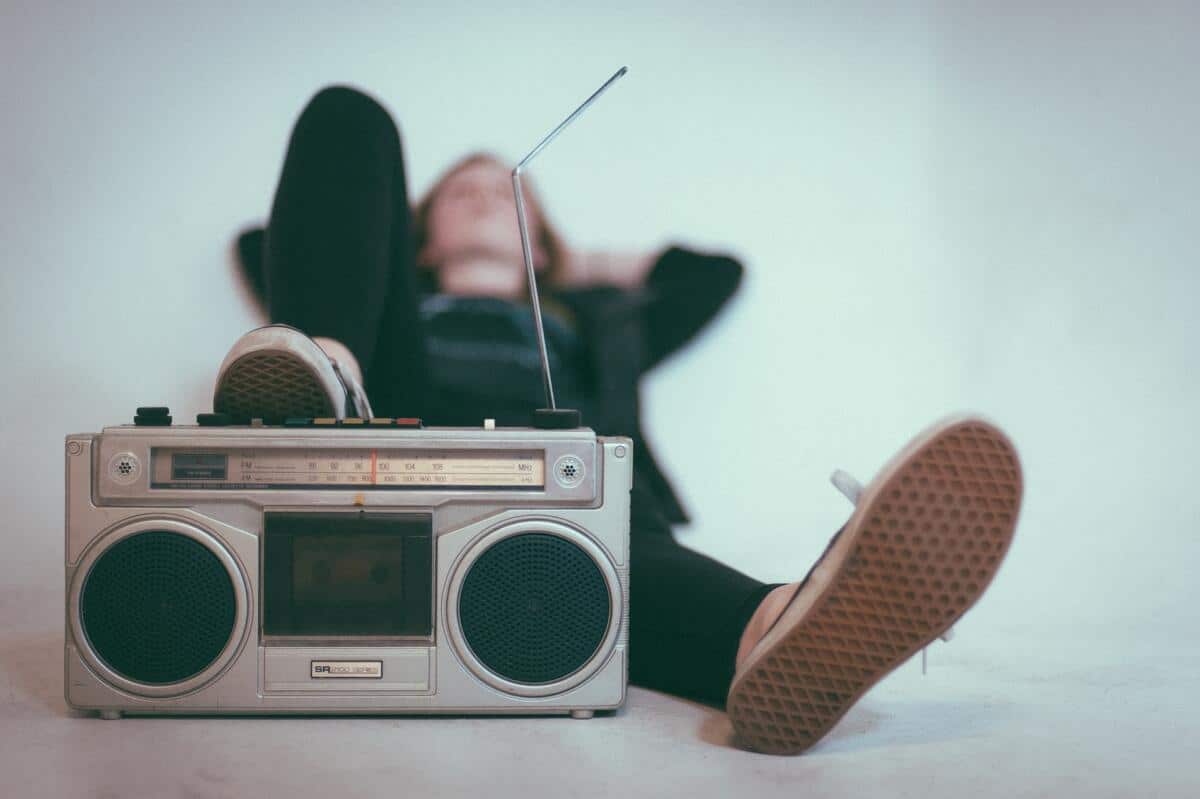If you enjoy listening to music in any capacity, you may find that it puts you at ease and often transports you to another place when you’re feeling stressed or concerned about everyday life. That’s not an accident. Music is special. It can be so impactful that it’s often used as a form of therapy for people from all walks of life who want to focus on their mental health. Let’s explore how a good melody can be beneficial for everyone, from kids to older adults.
The Incredible Benefits Of Music Therapy
Therapists use many different forms of treatment to help their patients. Music therapy is one of those tactics.
Music is a creative outlet that can preoccupy your mind so you forget about your anxieties, but it can also be much more than that. Listening and playing music can be especially helpful to people with clinical depression. That’s because it can boost self-esteem and help them feel more motivated to take on the challenges in front of them. Music is very versatile. That’s why, in addition to helping with your stress, anxiety, and depression, music therapy can also help in many other ways, like alleviating pain, enhancing memory, and promoting physical rehabilitation.
Music therapy can also help people who’ve dealt with some form of substance abuse. Quitting drugs or alcohol can be challenging, especially after a hard day or stress at work, because these feelings often lead people to dangerous substances in the first place. Music can replace drugs to enhance someone’s mood so they aren’t as stressed, and they’re less likely to turn to dangerous vices. Listening to music can replace those dangerous cravings and help people get on the right track. Since these are issues that can impact people of all ages, it’s worth looking into music therapy.
Therapy For Teens And Young People
Young people with developing minds can be helped by music as they deal with the trials and tribulations of life. Music therapy can be extra helpful for kids who are ill or spending a lot of time in hospitals. Most people don’t enjoy staying in the hospital, and it can be really hard for younger kids who may be away from their families. The good news is that many healthcare providers are finding that music can help kids manage their pain, get used to a hospital environment, and feel a sense of relaxation even when they’re going through a tough time.
This is often the case because the whole brain is involved when listening to music, including the parts that control emotional processing, so that they can focus more on the song and less on their situation. Kids can also gain confidence, especially when they write their own songs or lyrics. They can then keep that positive mind frame as they go forward through life.
Music therapy continues to help young minds as kids become teenagers and young adults. Teens deal with a lot as they get used to the complexities of life, and when things don’t go as planned, many can become stressed. Depending on their talents, teens and adults alike can listen to music, write lyrics, or play an instrument depending on their preferred creative outlet, and they could see their mental health improve while expressing their emotions via a healthy outlet.
Teach kids about the value of music now, and they’ll learn how to cope as they get older.
Seniors Can Stay Young At Heart And Mind With Music
The power of music only becomes more important as people go through life and eventually reach their older adult years. When people listen to music, it reminds them of moments in their past, many of which are positive memories. Enjoying life and remembering milestones of the past is especially vital for folks dealing with dementia, Alzheimer’s, and other brain disorders.
Like with young people, music can also help older adults feel more relaxed as they enjoy their favorite songs. It’s common to have some stress during all stages of life and a bit of music could be the remedy.
It’s also never too late to learn a new musical instrument. Reading music and getting used to the movements of playing a drum or trumpet can help older adults stay active and keep their memory sharp. Plus, there’s nothing like the incredible feeling of accomplishment of learning an existing song or writing something from scratch.
There’s also a physical health component. Regardless of age, exercise is an important part of life. Listening to music is a great way to get the feet tapping and the legs moving. Plus, moving to the rhythm of music can promote coordination, which makes it easier to get around.
Music therapy can be an incredible tool for achieving positive mental health that can truly provide harmony for the soul. When you’re feeling down, put on your favorite record, and it could lift your spirits.
By Indian Lee.

Leave a Reply